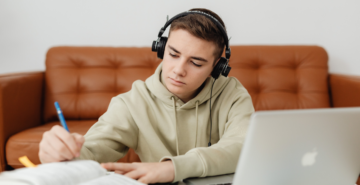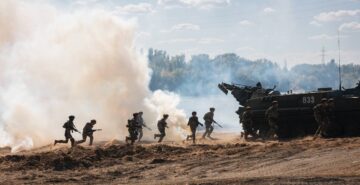

What “Pride” Is Being Instilled in Ukrainian Children Under Occupation?
Article by the documenter of the CCE “Almenda“
After the start of Russia’s full-scale invasion of Ukraine, the aggressor state has been directing all available resources towards continuing the war. Even sectors that, at first glance, do not have a direct connection to combat operations are being restructured for military purposes. One such strategically important area is youth policy, which in the hands of the aggressor becomes a tool for forming a mobilisation reserve to sustain long-term wars in the future. A distinctive feature of this process is that the Russian Federation does not only view Russian children and young people as the future of Russia’s development but also extends this policy to Ukrainian children from the temporarily occupied territories (TOT). There has been a significant increase in budgetary funding for youth policy, growing several times over. In particular, more than 40 billion roubles (approximately 370 million USD) have been allocated for the “patriotic education” aspect of youth policy in 2024. This is four times higher than the budget allocated for this purpose in 2022 and ten times more than in 2021. The Russian Federation’s federal budget for 2025 includes planned expenditure of 66 billion roubles (approximately 616.5 million USD) for patriotic education, which is 20 times higher than pre-invasion spending. One of the budget items includes funding for the activities of the patriotic movement of the Association of Student Patriotic Clubs “I Am Proud”, with an allocation of 94.1 million roubles (approximately 878,000 USD).
“I Am Proud” – what kind of clubs are these?
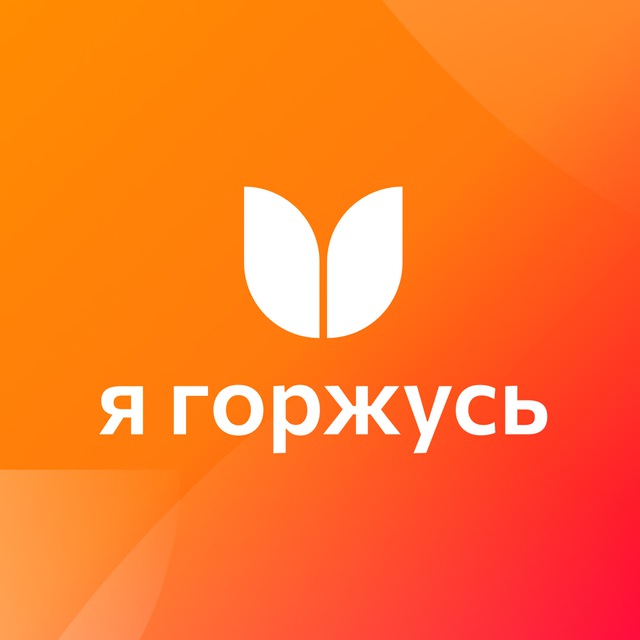

The Association of Student Patriotic Clubs “I Am Proud” (hereinafter referred to as the Association) was officially established in the Russian federation in August 2021 as part of the federal project “Patriotic Education of Citizens of the Russian Federation”, under the national project “Education”, and operates under the patronage of the Russian Ministry of Education. The Association consists of primary units — clubs created within higher education institutions, in which students are encouraged to participate. However, the intensification of its activities and the increase in funding began specifically during the full-scale invasion, likely driven by the need to shape a loyal attitude among young people towards Kremlin policies and to cultivate a generation prepared for wars initiated by Russia. This is further confirmed by the official objectives of the Association, which include:
- Creating an appealing and desirable image of a patriot of Russia;
- Civil-patriotic education in higher education institutions;
- Ensuring the systematic development of student patriotic clubs in higher educational institutions.
These objectives are achieved through the implementation of two projects: “I Am Proud. Mentors” and “I Am Proud. Heroes”.
The “I Am Proud. Mentors” project aims to shape the image of authority figures from members of the military-patriotic public movement “Young Army”. It also seeks to encourage students to join this militarised movement.
The “I Am Proud. Heroes” project aims to instil a sense of pride in Russia among students through interactions with “distinguished individuals.” The Russian authorities define these “distinguished individuals” as:
- Participants in the so-called “special military operation”;
- Veterans of combat operations (other armed conflicts);
- Politicians, government officials, and representatives of law enforcement agencies;
- Civil activists and volunteers who regularly participate in “socially significant” projects, etc.
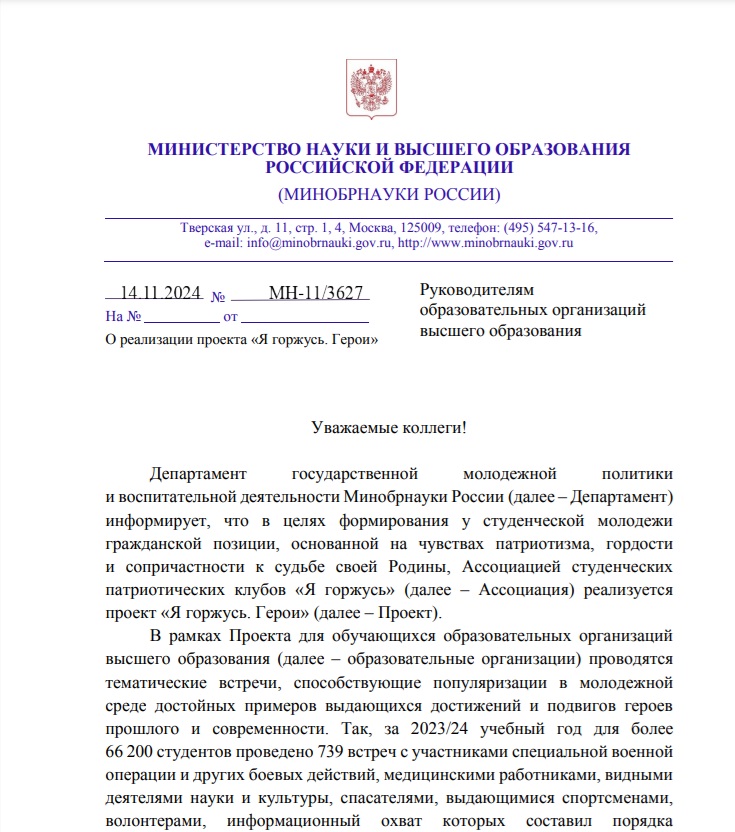

Higher education institutions, including those located in the TOT, are required to organise student meetings with these categories of guests at least once a month. Similar meetings are also held for school-age children, involving representatives of the “I Am Proud” Association, the “Knowledge” organisation, and “Volunteers of Victory” movement. These propaganda events in Ukrainian educational institutions under the control of the occupation authorities are effectively aimed at glorifying Russian military personnel participating in the war against Ukraine, fostering a positive attitude among young people towards Russia’s armed aggression against Ukraine, and encouraging them to sign contracts with the Russian Armed Forces.
Distribution in the TOT
During the 2023-2024 academic year, as part of the “I Am Proud. Heroes” project, 739 meetings were held with participants of the so-called special military operation and other combat actions for over 66,200 students, among whom was a significant number of Ukrainian youth residing in the TOT. Since the activities of the Association extend to at least 22 higher education institutions under the occupation authorities, located across all the TOT:
AR of Crimean and the city of Sevastopol:
- “I Am Proud” Club, Sevastopol State University.
- “Squadron” Club, Kerch State Maritime Technological University.
- “I Am Proud” Club, Crimean Federal University named after V.I. Vernadsky.
Donetsk region:
- “Tower” Club, Mariupol State University named after A.I. Kuindzhi.
- “Donbas Unconquered” Club, Donetsk National Technical University.
- “Memory” Club, Gzhel State University.
- “Patriot” Club, Autonomous Non-Commercial Educational Organisation of Higher Education Donetsk Academy of Transport of the DPR.
- “Flame” Club, Pryazovskyi State Technical University.
- “I Am Proud” Club, Donetsk National University of Economics and Trade named after M. Tugan-Baranovskyi.
- “I Am Proud” Club, Automobile-Road Institute (branch), Donetsk National Technical University.
- “I Am Proud” Club, Donetsk State Music Academy named after S.S. Prokofiev.
- “I Am Proud” Club, Donetsk State Agricultural Academy.
- “I Am Proud” Club, Donetsk Academy of Management and Public Service.
- “I Am Proud” Club, Donetsk State University.
- “I Am Proud” Club, Donetsk National Academy of Building and Architecture.
Luhansk region:
- The “Matusovsky Guard” Club, the Luhansk State Academy of Culture and Arts named after M. Matusovsky.
- “Rodolubstvo” (“Love for one’s homeland”) Club, Donbas State Technical University.
- “I Am Proud” Club, Luhansk State Medical University named after Saint Luke, Ministry of Health of the Russian Federation.
- “I Am Proud” Club, Luhansk State University named after V. Dal.
Zaporizhzhia region:
- “I Am Proud” Club, Melitopol State University.
Kherson region:
- “I Am Proud” Club, Kherson State Agrarian University.
- “I Am Proud” Club, Kherson Technical University.
Moreover, a patriotic forum titled “Russia Unites” took place in Moscow in December 2024 for Ukrainian youth from the temporarily occupied territories (200 students, postgraduates, and young professionals aged 18 to 35 from the so-called Donetsk People’s Republic, Luhansk People’s Republic, and the TOT of Zaporizhzhia and Kherson regions). Offering free transportation, accommodation, meals, and gifts, the forum aimed to train Ukrainian youth in Russia on the successful dissemination of Russian propaganda-patriotic projects and their expansion by attracting even more young people.
What activities are Ukrainian youth being involved in?
The “I Am Proud” Association actively engages in propaganda efforts to convince Ukrainian youth in the TOT of their affiliation with Russia, while seeking to eradicate their national identity. These activities are also often directed at popularising the law enforcement and militarised structures of the Russian Federation.
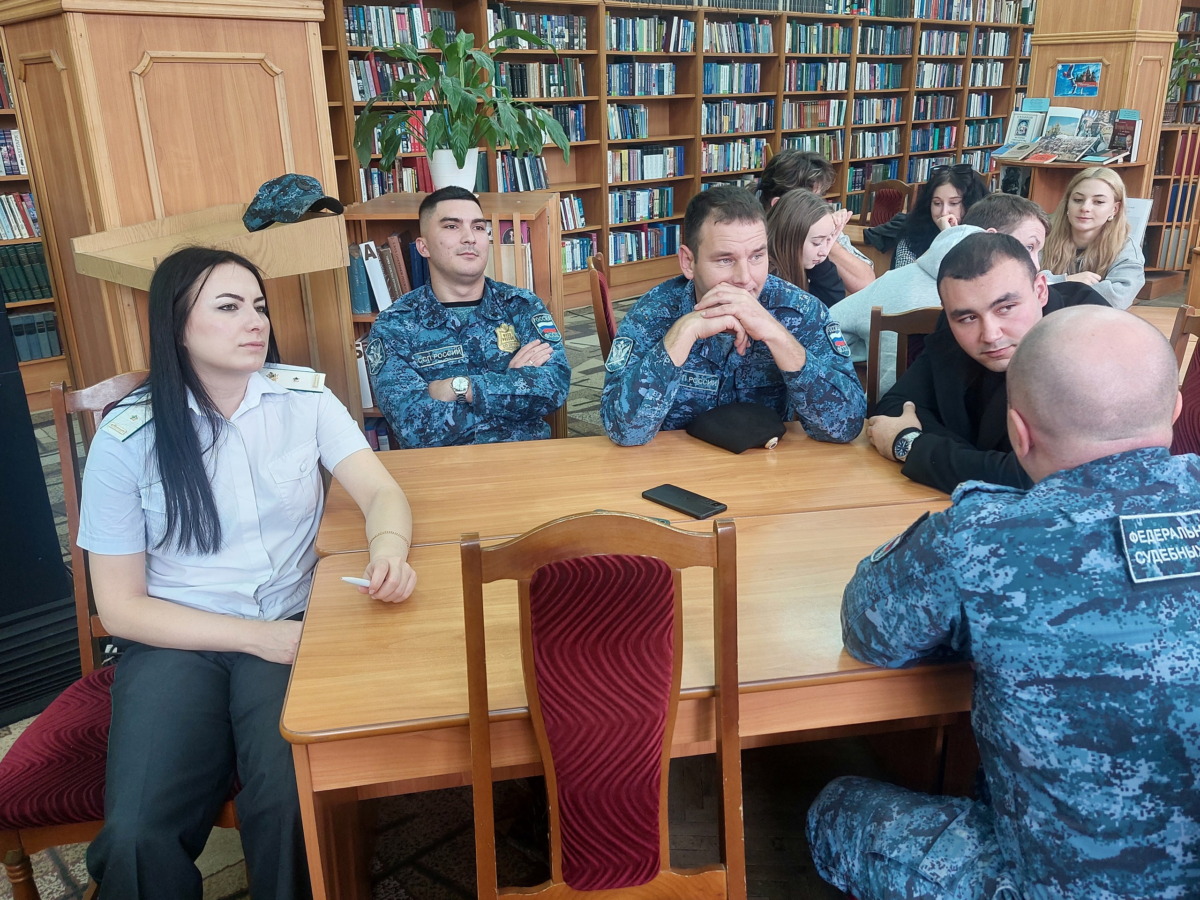

For example, at the “V.I. Vernadsky Crimean Federal University” in Simferopol, AR of Crimea, meetings are organised for students with employees of the juvenile affairs department of the Ministry of Internal Affairs in Crimea, where they discuss the inadmissibility of inciting hatred and hostility. Under such formulations, the occupying authorities typically speak of preventing the expression of pro-Ukrainian views and explain the responsibility for doing so.
At the same educational institution, the “I Am Proud” team, together with “Volunteers of Victory”, organised a quiz game titled “That Very Russia”, dedicated to the so-called National Unity Day. In addition to competing in their knowledge of Russian culture and history, students participated in the event alongside employees of the Federal Bailiff Service, aiming to promote such structures.
Students were also shown the Russification film “The Cultural Code of Russia in Traditions: Russian Meanings”, followed by presentations of their own projects, including one on providing psychological support for Russian military personnel.


As part of the “I Am Proud. Heroes” project, students met with a graduate of Sevastopol State University, who has been serving in the Russian armed forces since 2022 and participating in the war against Ukraine. Similar meetings are regularly held in other higher education institutions in the TOT.
In addition to meetings with Russian military personnel and representatives of security and power structures, the occupation authorities in the temporarily occupied territories organise events for children and young people, such as “I Am Proud of My President”, “I Am Proud of My Country” (referring to Russia), “I Remember! I Am Proud!”, and similar initiatives. These phrases in the titles are manipulative and unambiguously impose a sense of pride for Russia on Ukrainian youth. Moreover, they reinforce the perception of Russia as their homeland and the Russian president as “theirs”.


Who is responsible for the implementation?
The activities of the Association are carried out under the patronage of the Ministry of Science and Higher Education of the Russian Federation, headed by Minister Valery Falkov, who is subject to sanctions by Ukraine, the EU, the US, Canada, Switzerland, Australia, and New Zealand. It is this ministry, under his leadership, that sends letters to the heads of higher education institutions regarding the mandatory implementation of the “I Am Proud. Heroes” project and also oversees compliance with these directives.
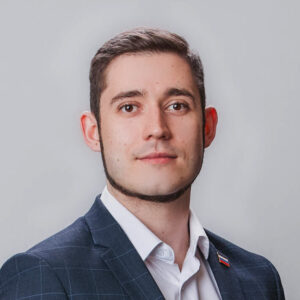

The head of the “I Am Proud” Association is Nikita Zinkov, a student at Lomonosov Moscow State University. During his studies, he researched the topic of “The Role of Youth Political Science Organisations in the Political Socialisation of Young People”, which was likely one of the key factors in his appointment to a leadership position within the Association.
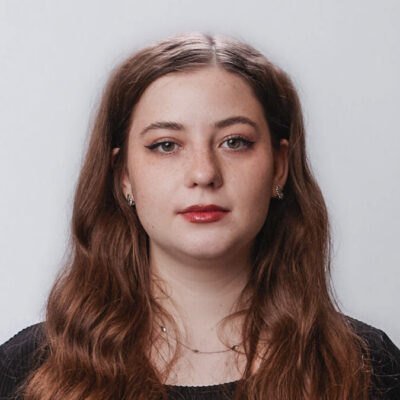

The direct coordinator of the “I Am Proud. Mentors” project is Tatiana Smirnova.
Among the partners of the “I Am Proud” Association are the Ministry of Defence of the Russian Federation, the All-Russian Children and Youth Military-Patriotic Public Movement “Young Army”, the organisations “Officers of Russia”, “Victory Volunteers”, and others. The partnership with militarised structures indicates the militaristic and propagandistic nature of the Association’s activities.
All of these actions are part of the Russian Federation’s strategies for Russifying and indoctrinating Ukrainian children in the occupied territories. The CCE “Almenda” continues to expose these practices to raise awareness of the severity of these violations and to ensure accountability for those responsible.
The article was prepared by the Center for Civic Education “Almenda” within the framework of the project “Russian Youth Policy as an Instrument of Indoctrination and Militarization of Children”. The content of this document is the sole responsibility of the Public Organization “Center for Civic Education “Almenda” and does not necessarily reflect the position of Civil Rights Defenders.


